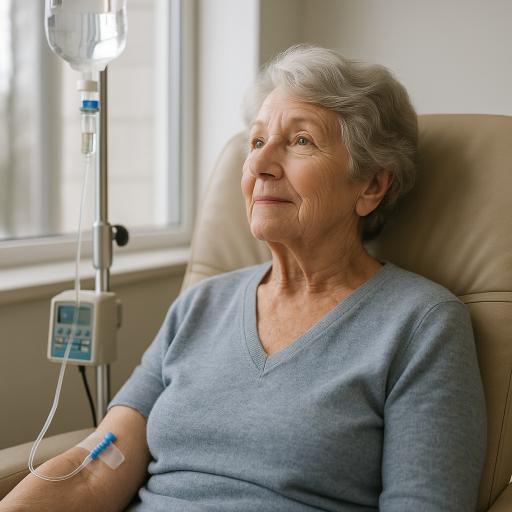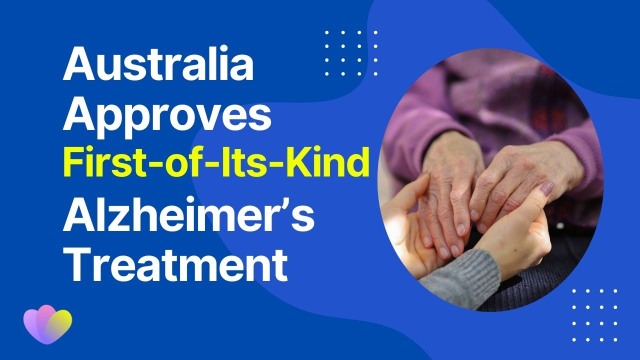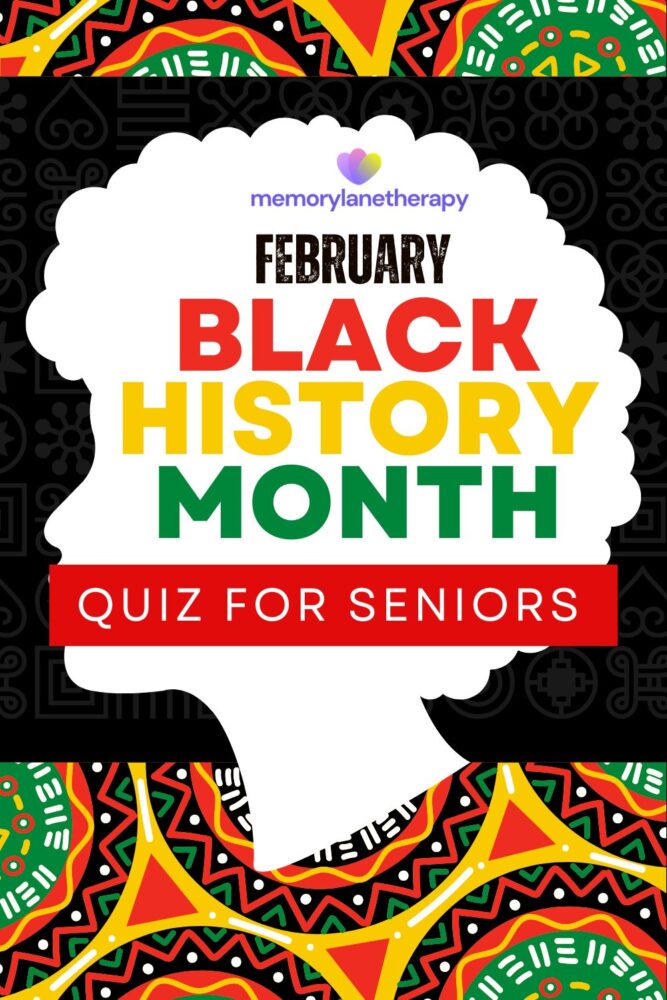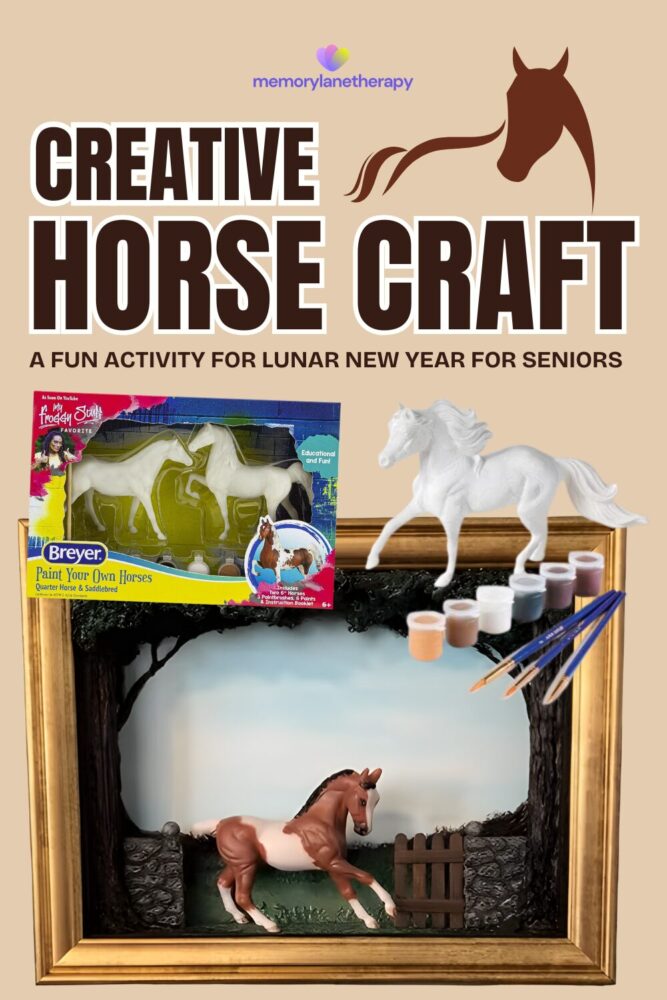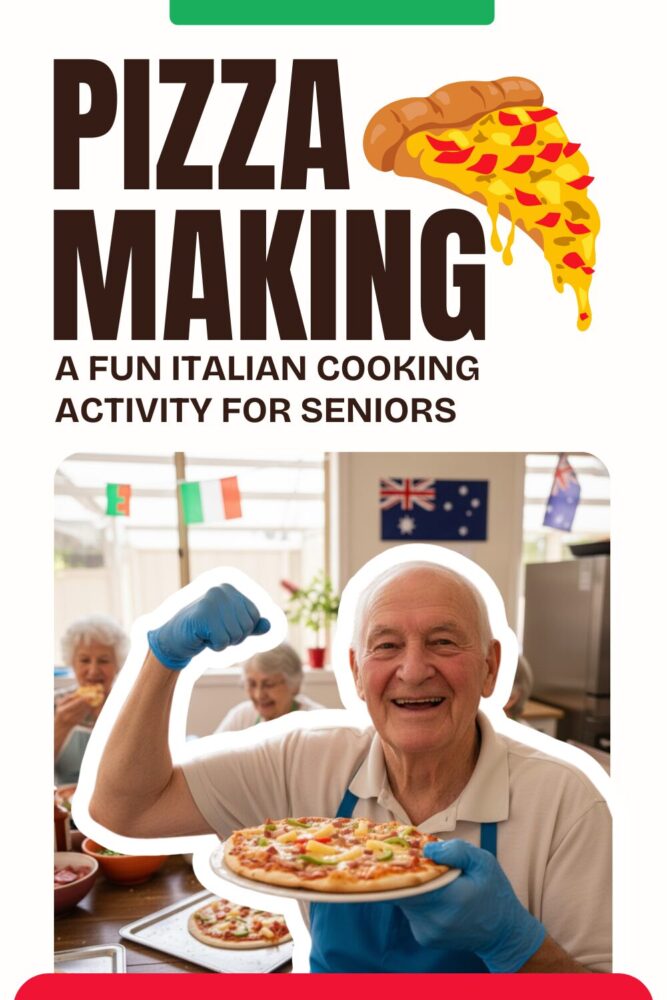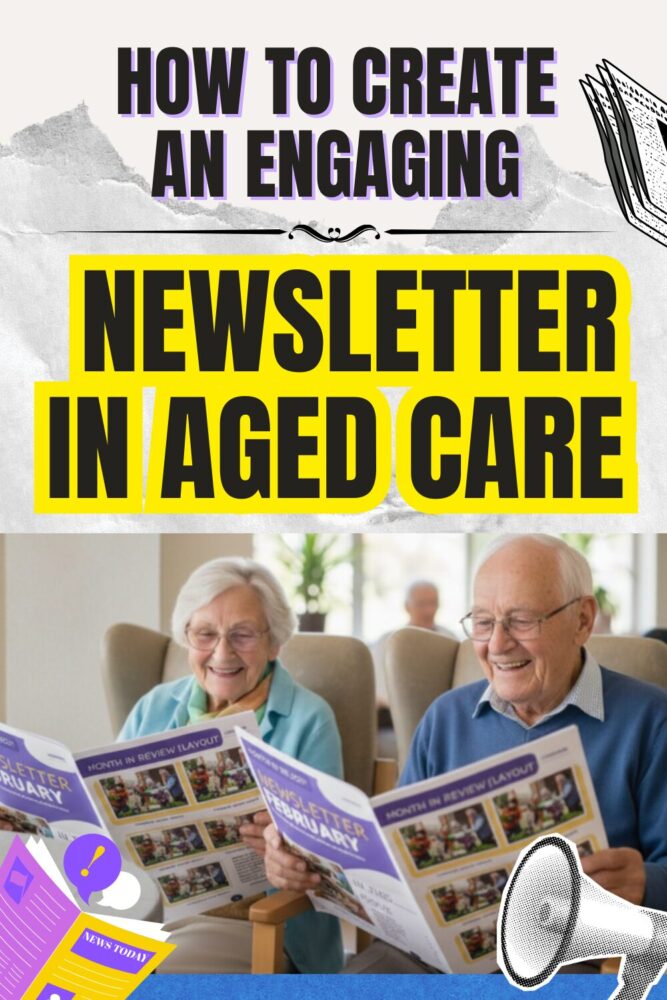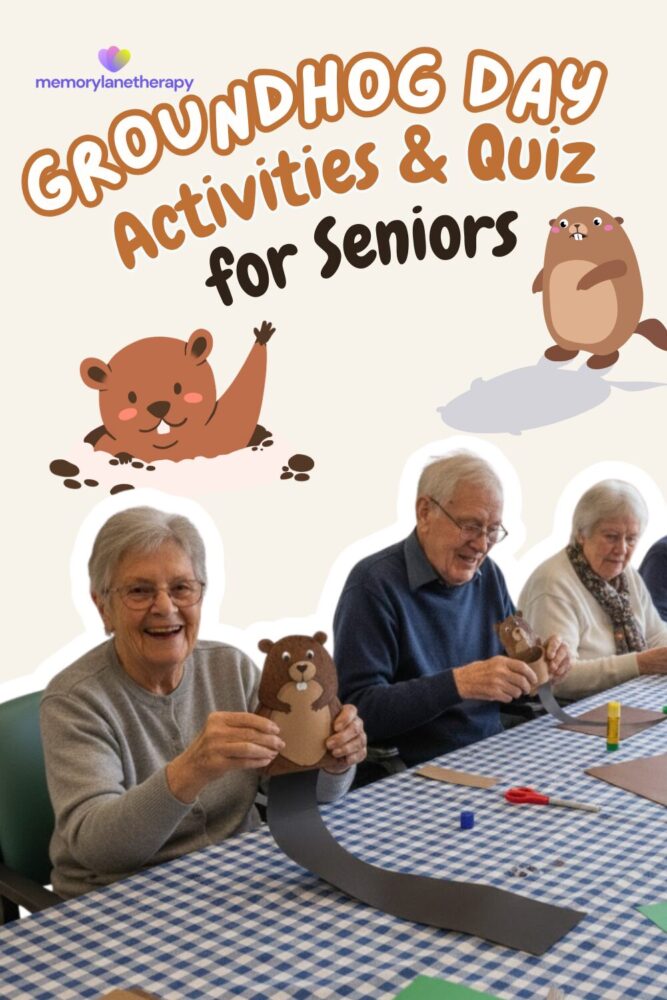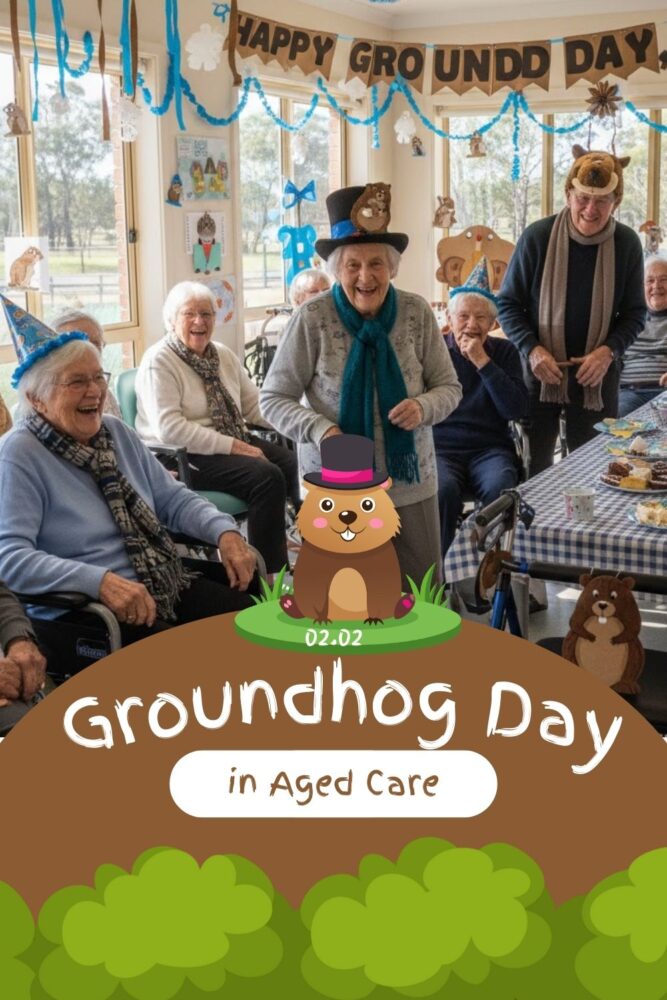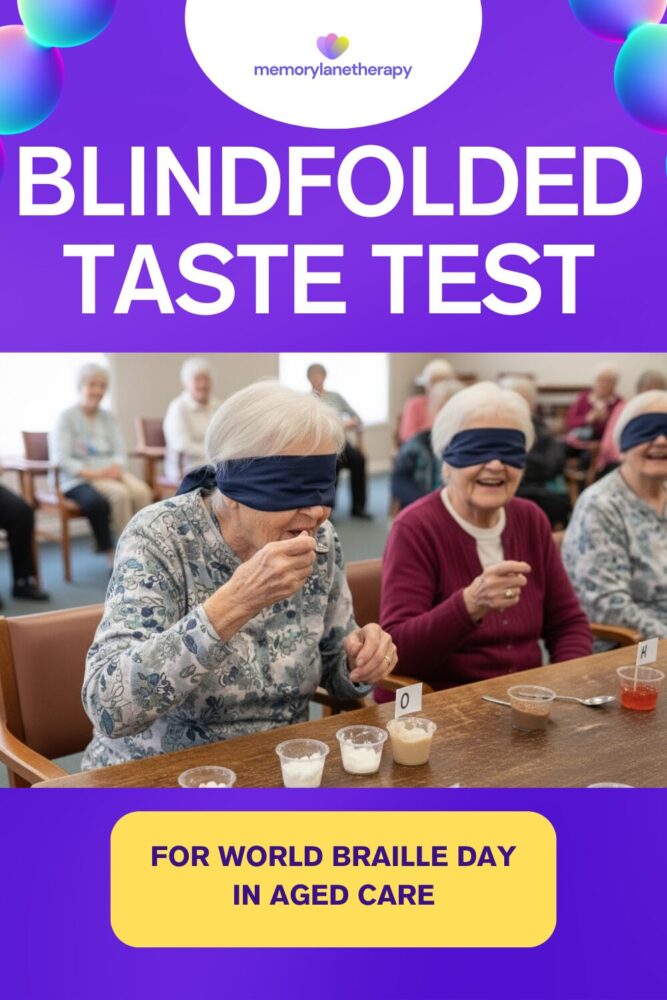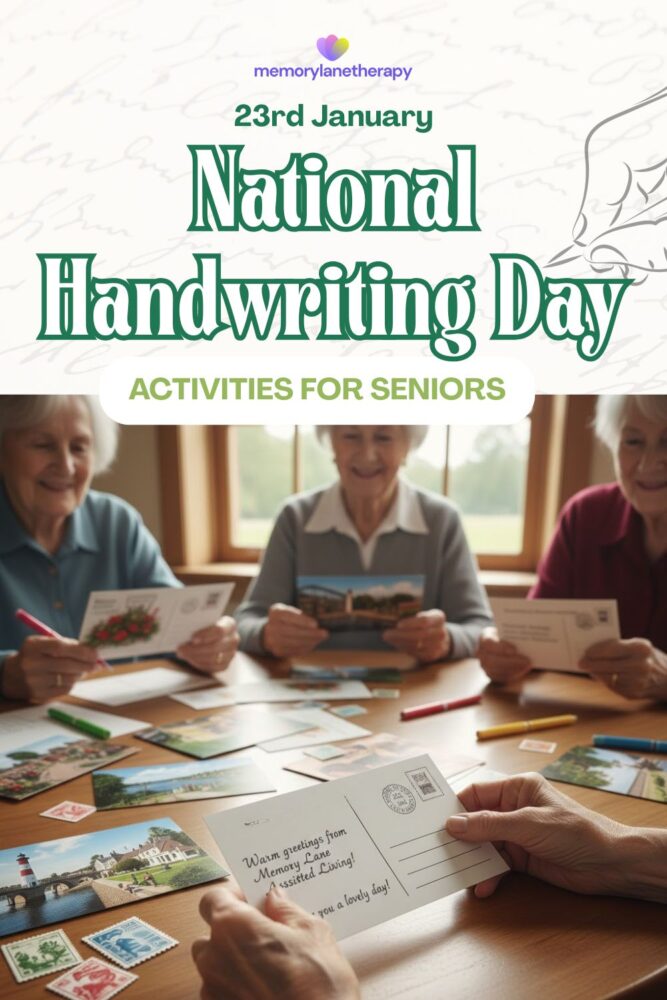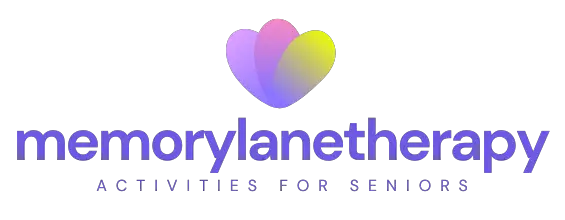In a significant development for people living with Alzheimer’s, Australia has just approved a new medication that may help slow the progression of early symptoms.
The drug, known as Kisunla (donanemab), is designed for individuals in the early stages of the disease who have a build-up of amyloid plaques—protein clusters in the brain that interfere with memory and thinking. The Therapeutic Goods Administration (TGA) gave the green light for its use this week.
A New Option After 25 Years
This is the first treatment in over two decades aimed at the root cause of Alzheimer’s, not just the symptoms. It’s administered monthly through an infusion, over a course of up to 18 months. According to the manufacturer Eli Lilly, the medication works by clearing the amyloid build-up and slowing the disease’s progression.
Professor Michael Woodward, who led trials in Australia, called it a “much-needed breakthrough.”
“We’ve waited a long time to offer something meaningful to patients and families. This treatment gives people a better chance at staying independent for longer.”
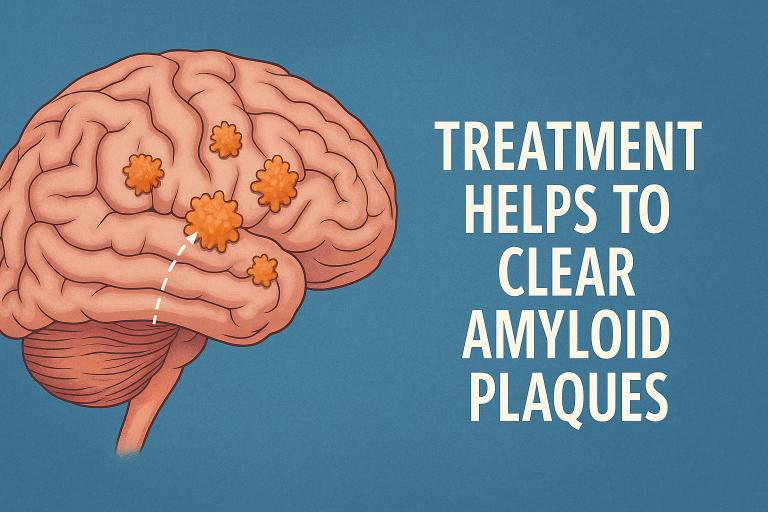
Who Can Benefit?
It’s estimated that around 600,000 Australians live with Alzheimer’s, and around 450,000 of them could potentially be tested to determine if Kisunla is suitable for them.
At the moment, Kisunla is not covered by the Pharmaceutical Benefits Scheme (PBS), which means patients would need to pay the full cost—around $4700 per session, totalling $84,600 over the full course. The good news? A PBS application is under review and a decision is expected in July 2025.
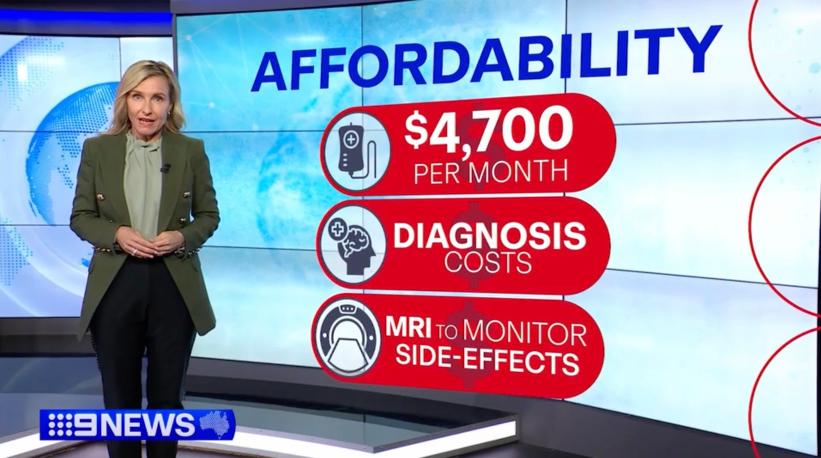
A Global Step Forward
Australia joins a growing list of countries approving Kisunla, including the U.S., U.K., Japan, China, Brazil, Mexico, Singapore, and others.
At Memory Lane Therapy, we welcome this step forward. Any progress in helping older adults maintain independence and connection with their loved ones is worth celebrating.
While this treatment won’t be right for everyone, and access may still be limited, it’s an encouraging sign of what’s ahead.
